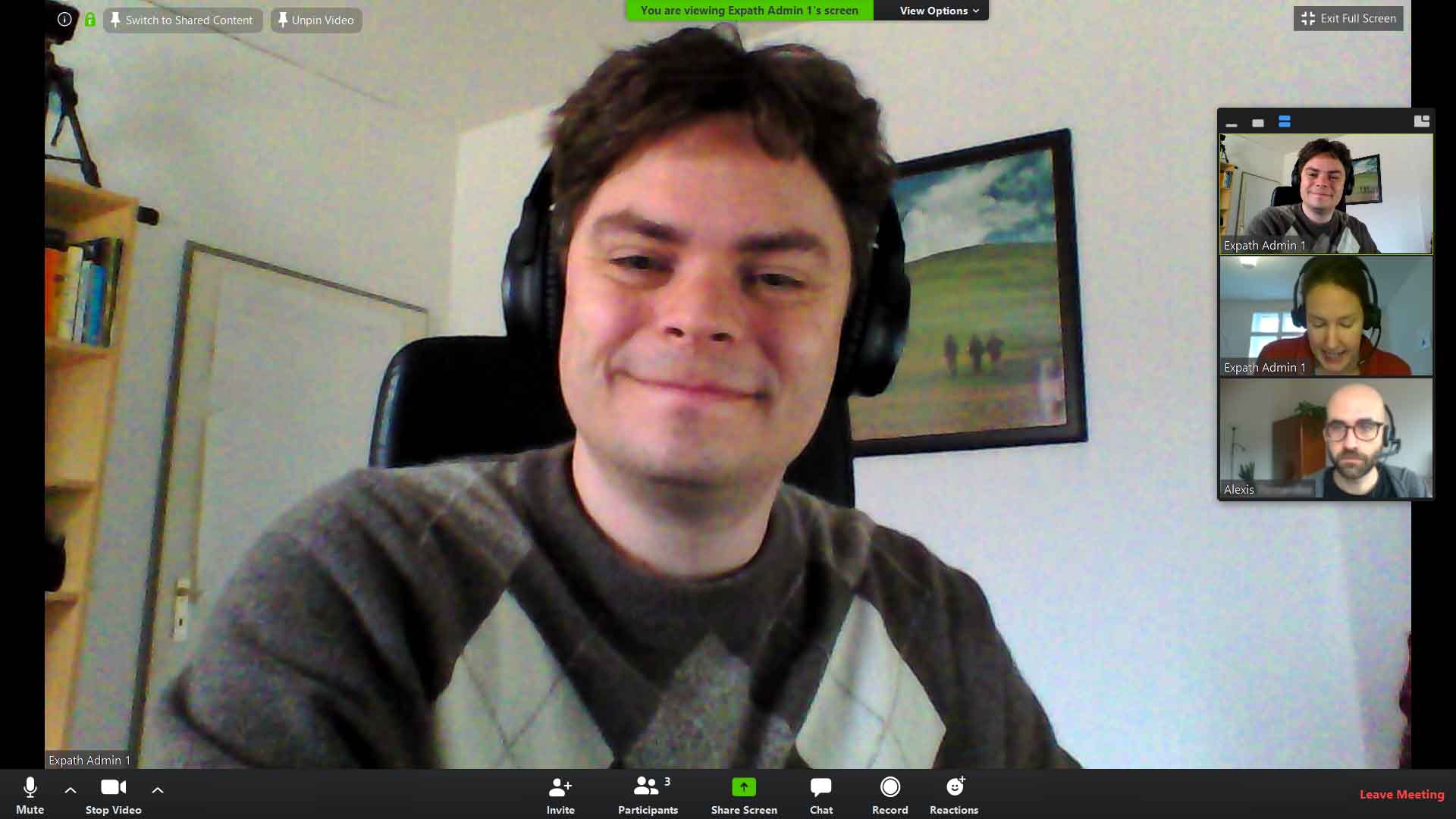How to talk about obligation in German

Good to Know: “müssen” / “nicht müssen”, “dürfen” / “nicht dürfen” – These German modal verbs are useful to express what one has to and doesn’t have to do, and what one may or may not do.
– “müssen” is something you have to do: “Ich muss heute arbeiten.” (“I have to work today.”)
– “nicht müssen” is something you don’t have to do: “Du musst nicht zur Party gehen.” (“You don’t have to go to the party.”)
– “dürfen” is something you are allowed to do: “Er darf hier rauchen.” (“He may smoke here.”)
– “nicht dürfen” is something you are not allowed to do: “Du darfst bei rot nicht fahren.” (“You may not drive when the light is red.”)
English speakers often translate “müssen” and “nicht müssen” as “must” and “must not”, but this would be wrong in the latter case, as “must not” is a very strong prohibition, whereas “nicht müssen” just means that you are not obligated to do something. For this reason it is better to use the more American “have to” / “don’t have to” rather than the British “must” and “mustn’t” as a translation.
Oh, and in case you haven’t noticed, Germans react poorly to people crossing the street when the light is red and children are present.
Listen up, lurkers!
We filmed an entire beginner German course!
More cool stuff from Expath












